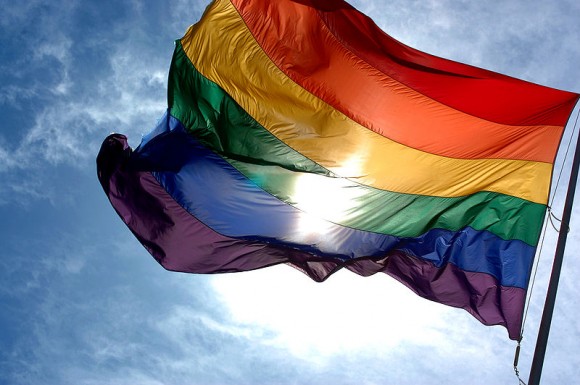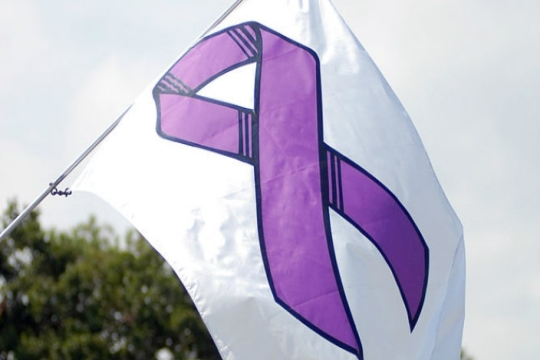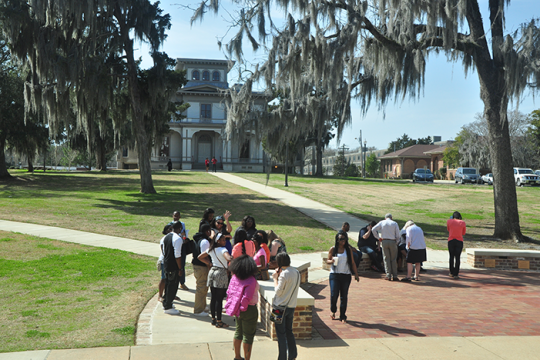
Since September 2010, there has been a first-ever focus on the crises that lesbian, gay, bisexual, and transgender youth face in America’s schools. As a result of the news media reporting bullying-induced suicide after suicide, Dan Savage initiated the “It Gets Better” project, with the goal of giving hope to LGBT students. Thousands of individuals and organizations participated – including the Religious Action Center and President Barack Obama. But President Obama has a unique ability to make it better, one that is unavailable to many of the individuals who made It Gets Better videos. In some ways, he has: He signed the repeal of the discriminatory “Don’t Ask, Don’t Tell” policy, incorporated protecting the rights of LGBT people into American foreign policy, and refused to defend the unconstitutional so-called “Defense of Marriage” Act. The bullying and the suicides, unfortunately, have not stopped – and so, neither should our efforts to provide hope for a better future to those who do not believe one exists. The 2012 State of the Union is a key opportunity for President Obama to continue the project of making it better for LGBT youth and all LGBT Americans. In particular, he can put on his agenda for the coming year two key pieces of legislation: the Safe Schools Improvement Act (H.R.1648/S.506) and the Student Non-Discrimination Act (H.R.998/S.555). Together, these bills would prohibit schools from discriminating against LGBT students, prevent them from ignoring reports of bullying and harassment against LGBT students, and require school districts to adopt student codes of conduct that explicitly prohibit bullying on the basis of sexual orientation, gender identity, race, religion, and other factors. There are other ways the President can work to make it better, too. Last year, President Obama indicated that his views on marriage equality – which in 2008 he said he opposed – were evolving.
Unfortunately, his views lag behind those of the American public, of which a majority now believe in marriage equality. Should President Obama “come out” for marriage equality, it would send a strong message to America’s youth: LGBT people are just as good as anyone else. The practical implications of marriage equality, or lack thereof, are just as important. Because lesbians, gays, and bisexuals are prohibited from marrying in many states, they and their families are denied vital federal and state benefits that they would otherwise receive. From exclusion from social safety net programs to a higher tax burden, same-sex couples are impacted in significant ways by the stigma and legal barriers that they face. In addition, the President can make passing the Employment Non-Discrimination Act (H.R.1397/S.811) a priority for the coming year. As with marriage discrimination, employment discrimination has significant economic and social impacts on the daily lives of LGBT Americans. Despite the fact that a supermajority of Americans support anti-discrimination laws that include sexual orientation and gender identity, anti-LGBT discrimination is nonetheless common. One study by a Harvard researcher discovered significant hiring discrimination against gay men compared to the general population. The 2012 State of the Union provides President Obama with a prime opportunity to reiterate and perhaps even expand his support for LGBT equality –to not only tell LGBT youth that “it gets better,” but to actually make it so.
Watch the speech on Tuesday, January 24, at 9 p.m. ET to hear if President Obama mentions LGBT equality, and make sure to follow along with the RAC’s BINGO board to see what else he discusses. Also, keep checking RACblog between now and the speech for more updates on the issues we chose for our BINGO board.
Photo courtesy of Wikimedia Commons.
Related Posts

Supporting Survivors of Domestic Violence in the Jewish Community

Two Out of Two

